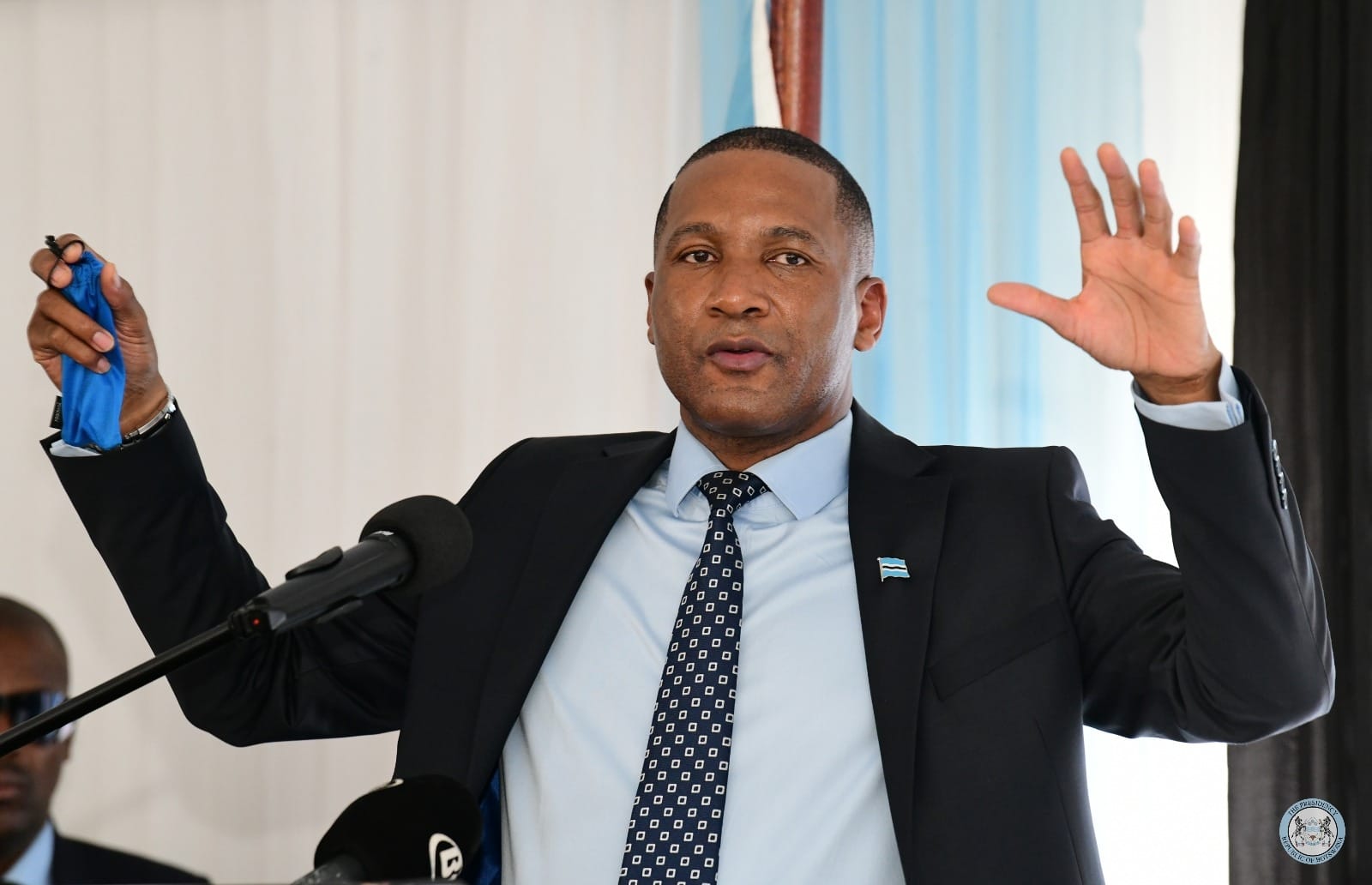The newly elected Umbrella for Democratic Change (UDC) government, led by President Duma Boko, faces growing scrutiny as the promise of raising the minimum wage to P4,000, student allowances to P2,500, and the old age pension fund to P1,800 appears unlikely to be fulfilled within the timeline stated during the campaign. The government has yet to establish a timeline or strategy for increasing the minimum wage to P4,000, the student allowance to P2,500, and the old age pension fund to P1,800. President Duma Boko stated that his administration is still assessing the actual state of the economy and determining the necessary adjustments to make these increments possible. This comes in stark contrast to his campaign promises, where Boko assured citizens that these increases would be implemented by the end of the month after taking office.
This development will add weight to criticism from opposition leaders, particularly Mokgweetsi Masisi, the President of the Botswana Democratic Party (BDP), who previously warned Batswana about the ambitious promises made by the UDC.
During a recent address, Masisi expressed his skepticism about the feasibility of the UDC’s pledges. “We condemn these promises because we doubt they can be delivered. They’re unrealistic and could lead to serious problems,” he stated, further emphasizing concerns about the economy’s fragility and the potential fallout of unfulfilled commitments. Masisi’s remarks highlight how the UDC’s early struggles feed into the BDP’s narrative that these promises were unattainable from the outset.
Campaign Promises Under Pressure
Masisi’s critique gained traction after President Boko admitted his government was still assessing the “true state of the economy” and determining when, or even if, the promised financial increments could be implemented. This announcement directly contradicts the UDC’s campaign timeline, which had assured citizens that the changes would take effect by the end of the month.
Masisi pointed out that the UDC’s ambitious pledges, while appealing to a struggling population, were unlikely to hold up under economic scrutiny. “Imagine, you’re unemployed, the economy is underperforming, and then you’re told things will drastically improve. People were filled with hope and voted for them, convinced better days were coming,” he said, reflecting on the election’s outcome.
A Political Opportunity for the BDP?
The UDC’s challenges in delivering its promises play into the BDP’s narrative that their manifesto, though less flashy, was grounded in economic reality. Masisi stressed that the BDP only pledged what they believed the economy could sustain, especially in light of Botswana’s reliance on diamond exports, which faced low demand during the election cycle.
While Masisi has refrained from accusing the UDC of election malpractice, he has vowed to investigate the reasons behind the BDP’s loss, emphasizing that the opposition’s promises had a decisive influence. However, his warnings about inflated expectations now resonate with some sections of the public who feel let down by the UDC’s apparent inability to deliver.
For President Boko, the stakes are high. As his administration grapples with economic realities, the delay in fulfilling these promises risks validating the BDP’s claims and eroding public trust in the UDC. Whether the government can navigate this political and economic storm remains to be seen, but the early cracks in its platform are undeniable.
As the country watches this unfolding drama, Masisi’s prescient critique of “too-good-to-be-true” promises seems to cast a long shadow over the UDC’s leadership. Will President Boko find a way to prove his critics wrong, or will the BDP’s warnings continue to echo as his administration struggles to deliver? Only time will tell.










